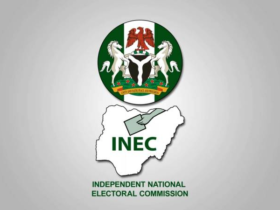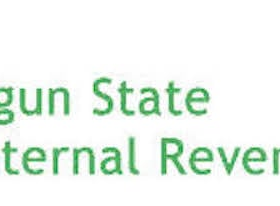The East African region has emerged as a hotbed of innovation, with Nairobi’s Silicon Savannah and Kampala’s growing tech startup scene attracting venture capital investors and fostering solutions tailored to local challenges. Kenyan startups notably secured over $1 billion in venture funding in 2024, surpassing other African countries.
Despite these successes, startups in the region face significant hurdles due to regulatory constraints. The unpredictable nature of regulatory agencies and excessive bureaucratic processes have led to the downfall of promising ventures like Sendy in Kenya and Jumia in Tanzania. These obstacles, stemming from high taxes, licensing complexities, and delays, hinder the growth of startups.
Navigating the complex regulatory landscape in East Africa poses a formidable challenge, with multiple agencies imposing their own requirements. This leads to prolonged processes that can take years to complete, creating confusion and additional costs for startups. Acquiring necessary permits and licenses can be a lengthy process, ranging from more than a year in Kenya and Tanzania to several months in Uganda.
Moreover, high compliance costs, stringent data protection laws, and corruption within government bodies further burden local startups financially. The region’s reputation for abrupt policy changes and regulatory unpredictability deters both local and foreign investors, diverting funding to more stable markets.
To foster a conducive environment for startups, East African governments must streamline regulations, harmonize policies, and offer incentives to attract investors. Rwanda stands out for its business-friendly approach, ranking high on the World Bank’s ease of doing business index by implementing favorable tax policies and reducing corporate taxes.
In conclusion, addressing regulatory challenges, promoting consistency in policies, and supporting innovation are crucial steps for East African countries to nurture a thriving startup ecosystem and attract investment.


















Leave a Reply